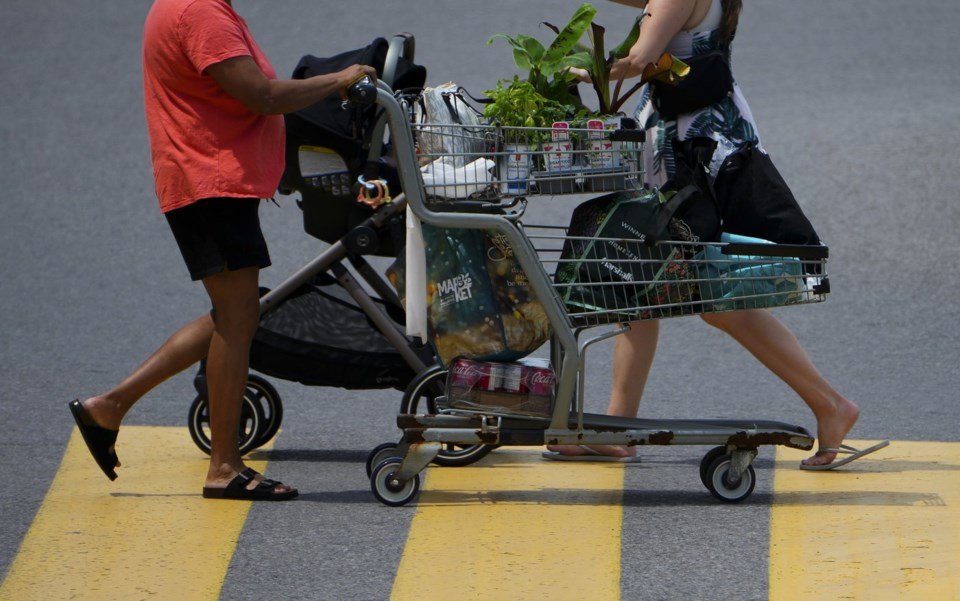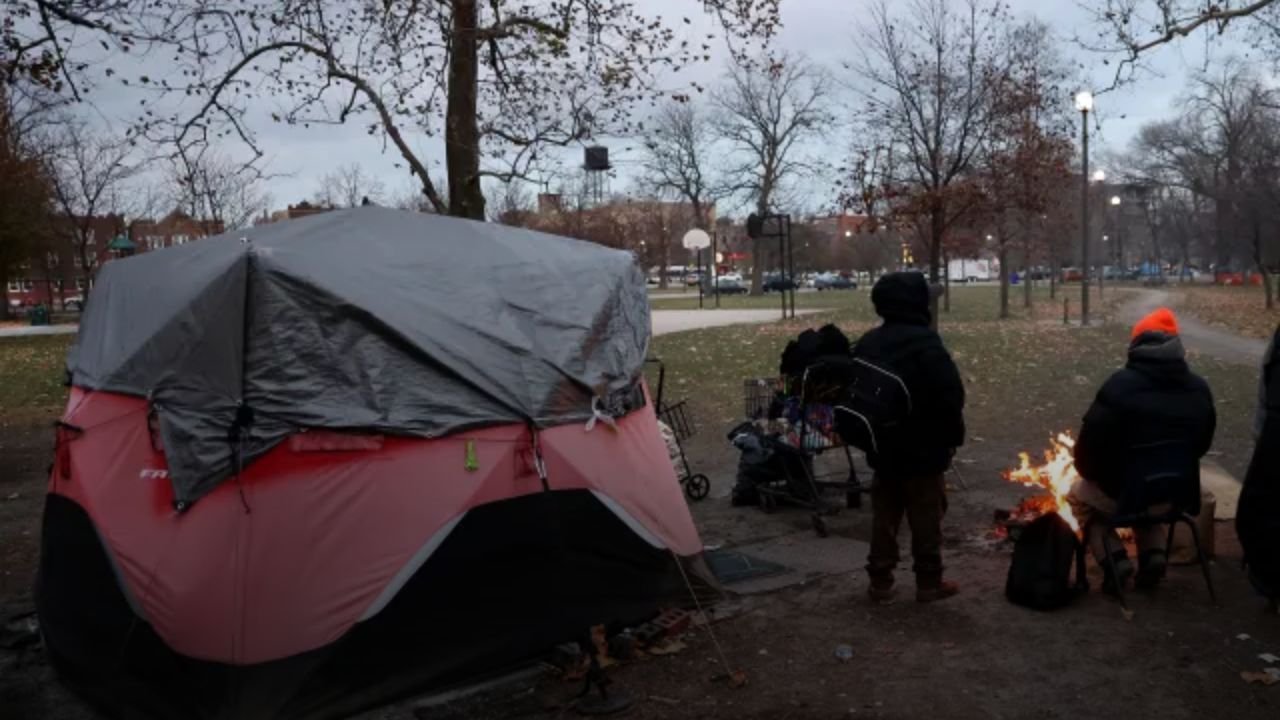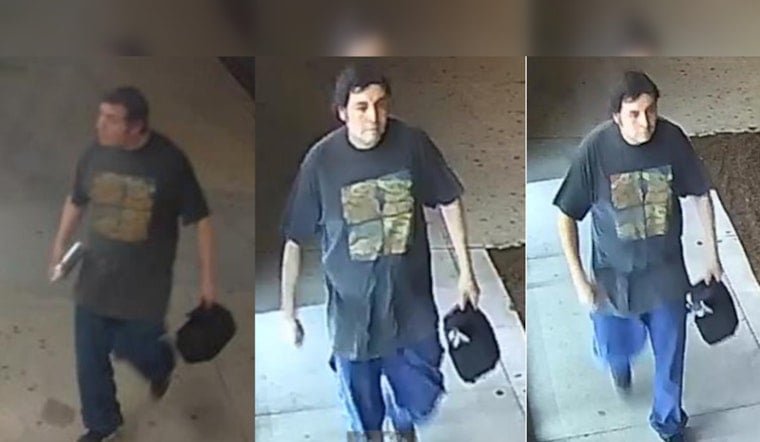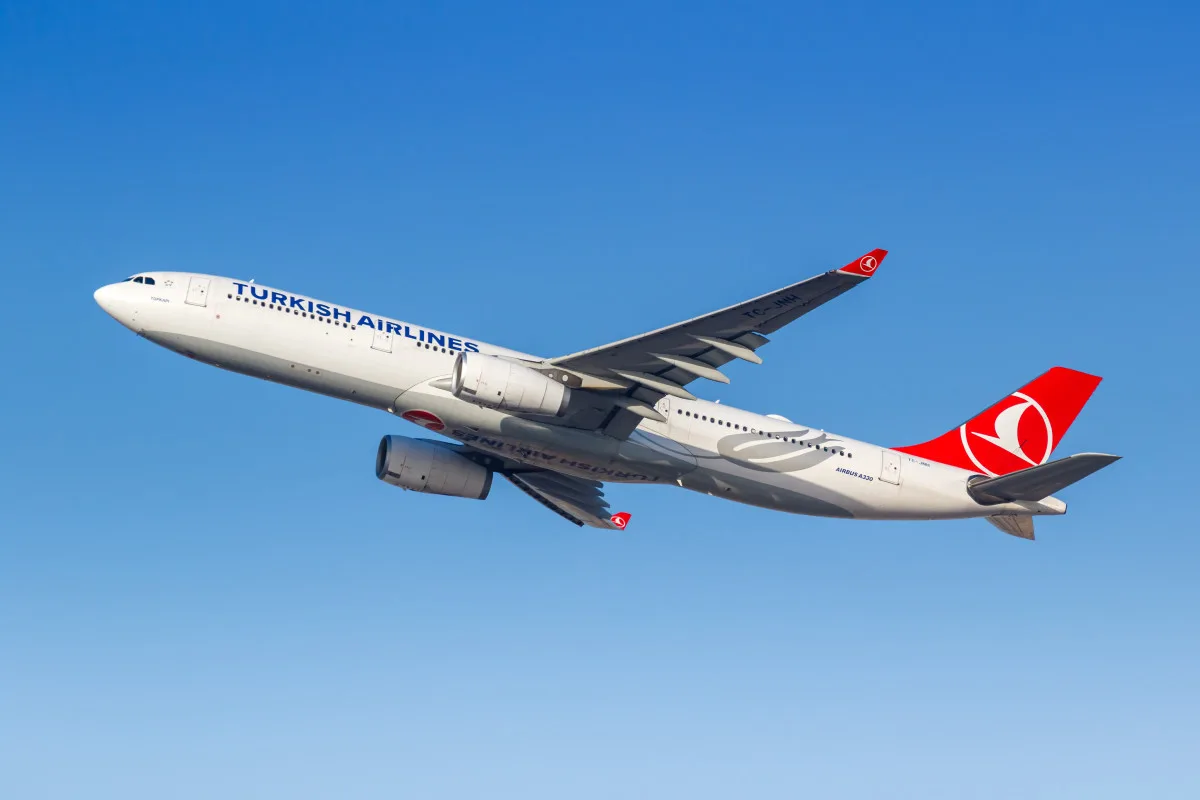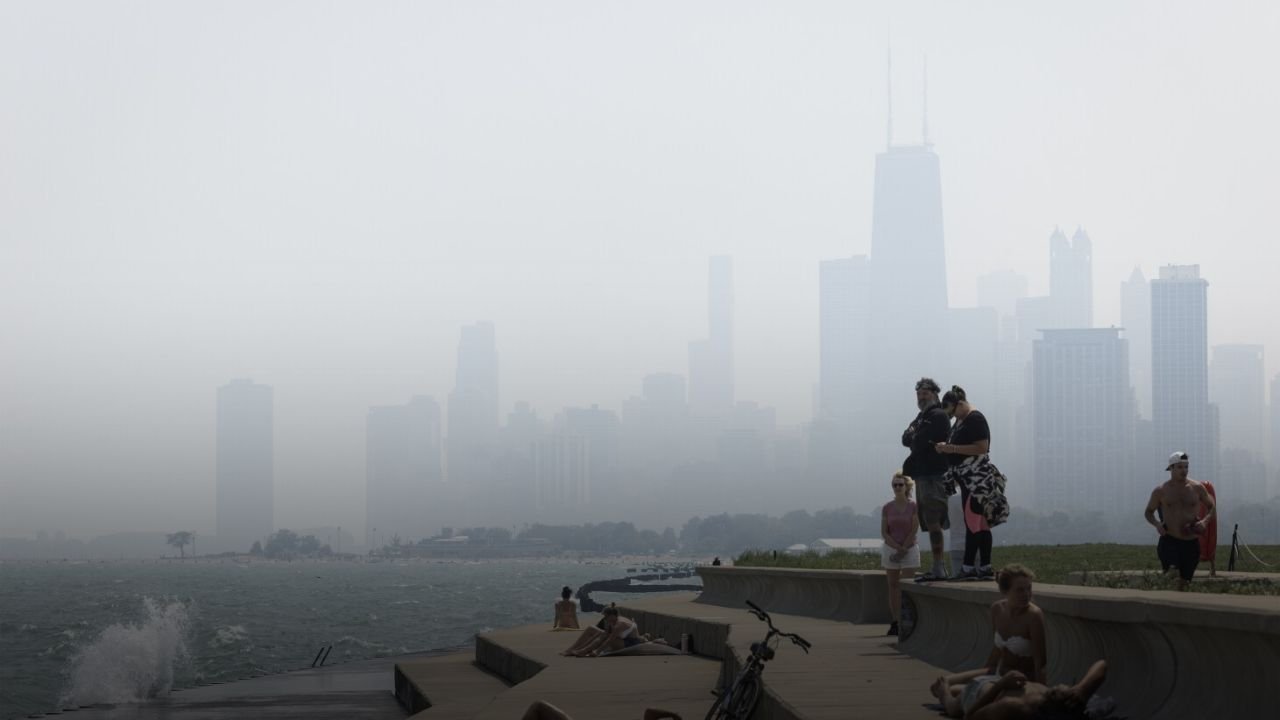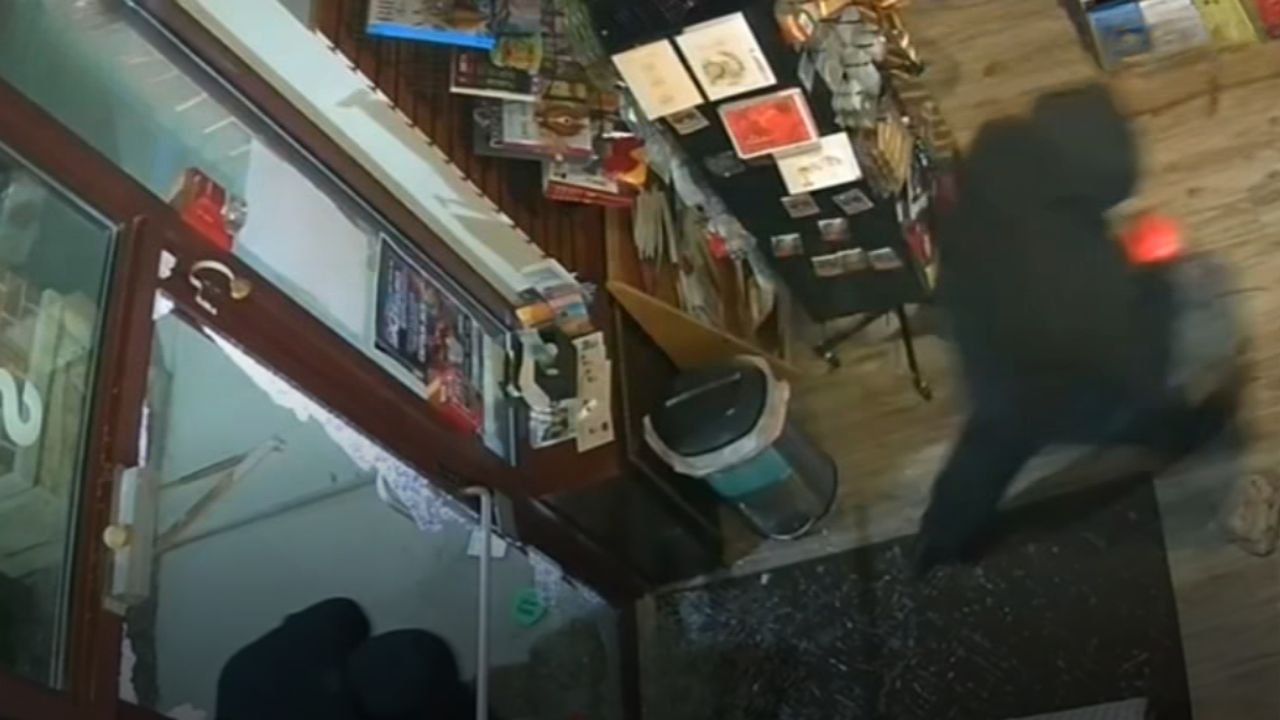CHICAGO — Despite a statewide decision to phase out the 1% grocery tax by 2026, Mayor Brandon Johnson and city leaders are pushing to keep the tax in place for Chicago residents, citing major budget concerns.
Background: What’s Changing in 2026
The Illinois General Assembly voted last year to eliminate the statewide grocery tax as part of Gov. JB Pritzker’s 2025 budget plan. The change takes effect January 1, 2026. However, the legislation allows individual municipalities to reimpose the tax locally, creating an opt-in system.
As reported by Block Club Chicago, over 200 towns and cities in Illinois have already committed to continuing the grocery tax under this structure.
City’s Plan and Justification
Mayor Johnson’s administration is proposing that Chicago join that list. Failing to reaffirm the grocery tax could result in a revenue loss of $70–80 million in 2026 alone, according to a report from the City Council’s Office of Financial Analysis.
“We’re not creating a grocery tax. We’re just creating a process by which we can collect it,” Johnson said during a recent press briefing.
What’s at Stake
The grocery tax applies to food items prepared for off-site consumption, excluding those purchased using SNAP benefits. Without the tax revenue, City Budget Director Annette Guzman warned, key city services could face cuts.
“Nearly 200 other municipalities… have already voted to extend this grocery tax. If we fail to do the same, we will leave critical services on the chopping block,” Guzman said, according to CBS News Chicago.
The deadline to submit a local ordinance to continue the tax is October 1, 2025, and Chicago’s City Council does not meet in August, adding urgency to the timeline.
Political Pushback and Concerns
While budget leaders argue the move is financially necessary, some aldermen remain skeptical.
- Ald. William Hall (6th Ward) said passing a grocery tax ordinance is likely this summer.
- Ald. Andre Vasquez (40th Ward) cautioned that residents may react negatively due to past experiences like the 2017 soda tax, which was repealed after backlash.
“If you haven’t shown people that you’re willing to tighten the belt at all, it becomes a lot harder to make that ask of the public,” Vasquez said.
Next Steps for Residents
If the ordinance is passed, Chicagoans will continue to pay the 1% grocery tax beyond January 2026, while most other parts of the state will see it disappear.
City leaders argue the move is essential to prevent a growing $1.1 billion budget deficit, but opposition may build as the October deadline approaches.
Do you support keeping the grocery tax in place to help Chicago’s budget? Or do you think the burden on shoppers is too high? Share your thoughts in the comments.
Stay with ChicagoSuburbanFamily.com for all updates on city policy, taxes, and local economic issues.

